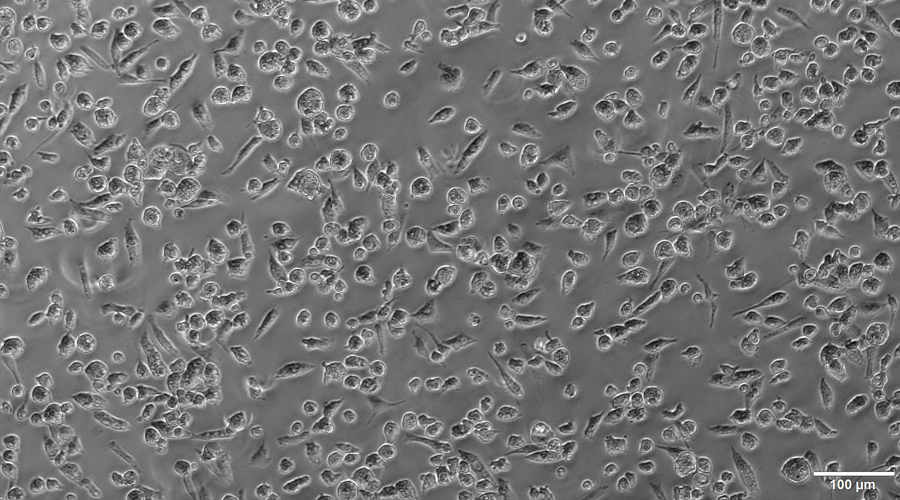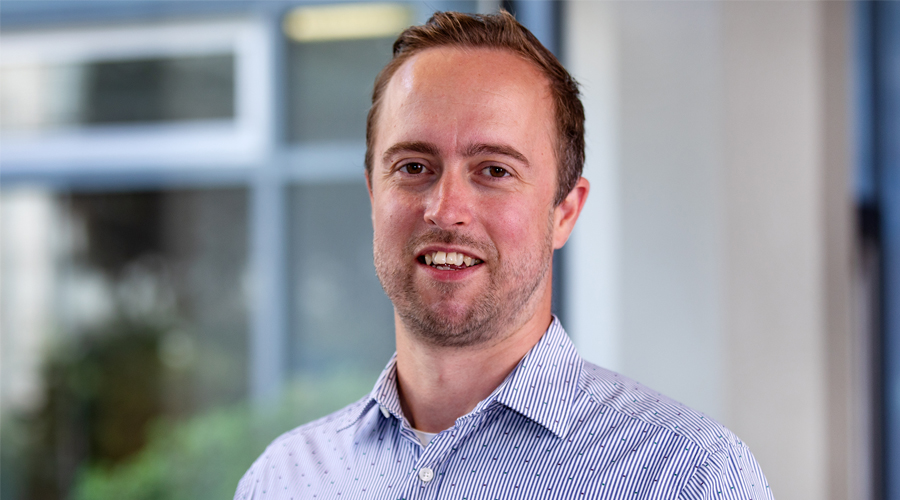Publications 2023
Human IRF1 governs macrophagic IFN-γ immunity to mycobacteria. Rosain J, Neehus AL, Manry J, Yang R, Le Pen J, Daher W, Liu Z, Chan YH, Tahuil N, Türel Ö, Bourgey M, Ogishi M, Doisne JM, Izquierdo HM, Shirasaki T, Le Voyer T, Guérin A, Bastard P, Moncada-Vélez M, Han JE, Khan T, Rapaport F, Hong SH, Cheung A, Haake K, Mindt BC, Pérez L, Philippot Q, Lee D, Zhang P, Rinchai D, Al Ali F, Ahmad Ata MM, Rahman M, Peel JN, Heissel S, Molina H, Kendir-Demirkol Y, Bailey R, Zhao S, Bohlen J, Mancini M, Seeleuthner Y, Roelens M, Lorenzo L, Soudée C, Paz MEJ, González ML, Jeljeli M, Soulier J, Romana S, L’Honneur AS, Materna M, Martínez-Barricarte R, Pochon M, Oleaga-Quintas C, Michev A, Migaud M, Lévy R, Alyanakian MA, Rozenberg F, Croft CA, Vogt G, Emile JF, Kremer L, Ma CS, Fritz JH, Lemon SM, Spaan AN, Manel N, Abel L, MacDonald MR, Boisson-Dupuis S, Marr N, Tangye SG, Di Santo JP, Zhang Q, Zhang SY, Rice CM, Béziat V, Lachmann N, Langlais D, Casanova JL, Gros P, Bustamante J. Cell. 2023 Feb 2;186(3):621-645.e33. doi: 10.1016/j.cell.2022.12.038. PMID: 36736301; PMCID: PMC9907019.
Metabolic rewiring tunes dermal macrophages in staphylococcal skin infection. Sci Immunol. Forde AJ, Kolter J, Zwicky P, Baasch S, Lohrmann F, Eckert M, Gres V, Lagies S, Gorka O, Rambold AS, Buescher JM, Kammerer B, Lachmann N, Prinz M, Groß O, Pearce EJ, Becher B, Henneke P. 2023 Aug 18;8(86):eadg3517.
Adaptation of Human iPSC-Derived Macrophages Toward an Alveolar Macrophage-Like Phenotype Post-Intra-Pulmonary Transfer into Murine Models. Hetzel M, Gensch I, Ackermann M, Lachmann N. Methods Mol Biol. 2024;2713:463-479.
Alveolar macrophages in tissue homeostasis, inflammation, and infection: evolving concepts of therapeutic targeting. Malainou C, Abdin SM, Lachmann N, Matt U, Herold S. J Clin Invest. 2023 Oct 2;133(19):e170501. doi: 10.1172/JCI170501. PMID: 37781922; PMCID: PMC10541196.
Scalable generation of functional human iPSC-derived CAR-macrophages that efficiently eradicate CD19-positive leukemia. Abdin SM, Paasch D, Kloos A, Oliveira MC, Jang MS, Ackermann M, Stamopoulou A, Mroch PJ, Falk CS, von Kaisenberg CS, Schambach A, Heuser M, Moritz T, Hansen G, Morgan M, Lachmann N. J Immunother Cancer. 2023 Dec 22;11(12):e007705. doi: 10.1136/jitc-2023-007705. PMID: 38135346; PMCID: PMC10749073.
Publications 2022
Generation of Human iPSC from Small Volume Peripheral Blood Samples. Kloos D, Lachmann N. Methods Mol Biol. 2022;2429:27-39. doi: 10.1007/978-1-0716-1979-7_3. PMID: 35507153
ISG15 deficiency features a complex cellular phenotype that responds to treatment with itaconate and derivatives. Waqas SF, Sohail A, Nguyen AHH, Usman A, Ludwig T, Wegner A, Malik MNH, Schuchardt S, Geffers R, Winterhoff M, Merkert S, Martin U, Olmer R, Lachmann N, Pessler F. Clin Transl Med. 2022
Targeted biallelic integration of an inducible Caspase 9 suicide gene in iPSCs for safer therapies. Wunderlich S, Haase A, Merkert S, Jahn K, Deest M, Frieling H, Glage S, Korte W, Martens A, Kirschning A, Zeug A, Ponimaskin E, Göhring G, Ackermann M, Lachmann N, Moritz T, Zweigerdt R, Martin U. Mol Ther Methods Clin Dev.
Continuous human iPSC-macrophage mass production by suspension culture in stirred tank bioreactors. Ackermann M, Rafiei Hashtchin A, Manstein F, Carvalho Oliveira M, Kempf H, Zweigerdt R, Lachmann N. Nat Protoc. 2022 Jan 17.
Publications 2021
Beyond „Big Eaters“: The Versatile Role of Alveolar Macrophages in Health and Disease. Hetzel M, Ackermann M, Lachmann N. Int J Mol Sci. 2021 Mar 24;22(7):3308. doi: 10.3390/ijms22073308. PMID: 33804918 Free PMC article. Review.
Human iPSC-derived macrophages for efficient Staphylococcus aureus clearance in a murine pulmonary infection model. Rafiei Hashtchin A, Fehlhaber B, Hetzel M, Manstein F, Stalp JL, Glage S, Abeln M, Zweigerdt R, Munder A, Viemann D, Ackermann M, Lachmann N. Blood Adv. 2021 Dec 14;5(23):5190-5201.
CARs and beyond: tailoring macrophage-based cell therapeutics to combat solid malignancies. Abdin SM, Paasch D, Morgan M, Lachmann N. J Immunother Cancer. 2021 Aug;9(8):e002741. doi: 10.1136/jitc-2021-002741. PMID: 34462325; PMCID: PMC8407221.
Genetic Correction of IL-10RB Deficiency Reconstitutes Anti-Inflammatory Regulation in iPSC-Derived Macrophages. Hoffmann D, Sens J, Brennig S, Brand D, Philipp F, Vollmer Barbosa P, Kuehle J, Steinemann D, Lenz D, Buchegger T, Morgan M, Falk CS, Klein C, Lachmann N, Schambach A. J Pers Med. 2021 Mar 20;11(3):221. doi: 10.3390/jpm11030221. PMID: 33804706; PMCID: PMC8003874.
Impaired immune response mediated by prostaglandin E2 promotes severe COVID-19 disease. Ricke-Hoch M, Stelling E, Lasswitz L, Gunesch AP, Kasten M, Zapatero-Belinchón FJ, Brogden G, Gerold G, Pietschmann T, Montiel V, Balligand JL, Facciotti F, Hirsch E, Gausepohl T, Elbahesh H, Rimmelzwaan GF, Höfer A, Kühnel MP, Jonigk D, Eigendorf J, Tegtbur U, Mink L, Scherr M, Illig T, Schambach A, Pfeffer TJ, Hilfiker A, Haverich A, Hilfiker-Kleiner D. PLoS One. 2021 Aug 4;16(8):e0255335. doi: 10.1371/journal.pone.0255335. PMID: 34347801; PMCID: PMC8336874.
iPS Cell-Based Model for MAPT Haplotype as a Risk Factor for Human Tauopathies Identifies No Major Differences in TAU Expression. Strauß T, Marvian-Tayaranian A, Sadikoglou E, Dhingra A, Wegner F, Trümbach D, Wurst W, Heutink P, Schwarz SC, Höglinger GU. Front Cell Dev Biol. 2021 Aug 31;9:726866. doi: 10.3389/fcell.2021.726866. PMID: 34532319; PMCID: PMC8438159.




